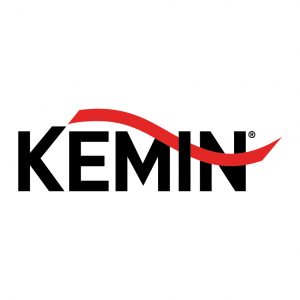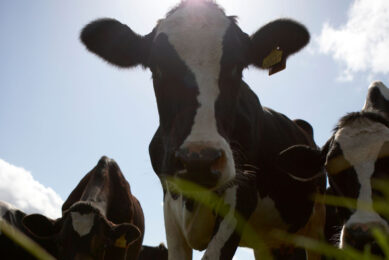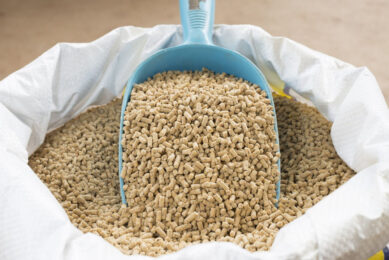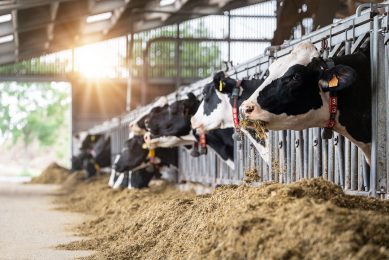Oxidative quality of lipids: Field survey insights

It is well known that lipid oxidation compromises the nutritional quality of animal feeds. In addition, it reduces the palatability and increases presence of toxic compounds such as free radicals and aldehydes. Probably the most important aspect of oxidation is the reduction in energy.
Oxidation can be influenced by different feed production parameters, such as heat and/or high-pressure treatment and the use of pro-oxidant raw materials. In addition, oxidation is a progressive process which cannot be reverted, moreover an oxidized oil can work as a pro-oxidant for other fats or other components in the diet. This indicates the complexity of factors that need to be taken into consideration for good oxidation control management.
Today’s market shows a large variation with respect to different lipid sources applied in feed. A trend is observed for high quality diets with formulations including polyunsaturated fatty acids (PUFAs)-rich ingredients. At the same time, as fat is one of the most expensive dietary components, the selection and application of fats and oils is also price driven. These trends result in a continuous variation in the lipid market in terms of supplier and lipid source. By consequence, nutritionists are often unexpectedly faced with an increased variation in lipid quality. Therefore, in the context of a good quality management program, a full evaluation in terms of oxidation and nutritional quality of fats and oils is essential.
Kemin’s Lipid Evaluation Test
In 2014, Kemin developed and implemented a VIV award winning customer laboratory service called the Lipid Evaluation Test (LET). This innovative service tool is designed to diagnose the quality of an oil or fat in terms of oxidation and nutrition.
In brief, LET determines the correct nutritional value of a lipid, depending on its use (diets for young or adult poultry or pigs) and assesses its oxidative status and stability.
Market insight based on a field survey
Since its launch, more than 700 unique fat and oils samples have been analysed by the lipid evaluation test. Lipids have been collected over the entire EMENA region. The majority of the samples analysed by LET can be represented in five groups: soybean oil, animal fat, acid oils, sunflower oil and poultry oil. LET’s exclusive dataset reveals a large variability in nutritional values, even between identical fat sources. Furthermore, in two out of three cases of the samples analysed in LET show signs of oxidation.
Determination of the level of oxidation was based on measurements of primary and secondary oxidation products. Majority of samples for all lipids sources showed mainly oxidation in its initial phase, with the sole exception of sunflower oil where more evolved oxidation was registered. Only in a few cases, the samples were completely oxidised. Yet, the majority of samples showed first signs of oxidation, see Figure 1.
Figure 1 – Variation in the average oxidation status of acid oils, animal fats, poultry oils, soybean oil and sunflower oil tested in Kemin’s Lipid Evaluation Test since 2014.

The analysed samples show mainly primary oxidation issues, as determined by peroxide values (PV). On the other hand, still 23% of the samples analysed, show signs of secondary oxidation, as measured by thiobarbituric acid (TBA). This spread in primary and secondary oxidation is visualised in Figure 2.
Figure 2 – Oxidative status measured by peroxide (PV) and thiobarbituric acid (TBA) values of acid oils, animal fats, poultry oils, soybean oil and sunflower oil tested in Kemin’s Lipid Evaluation Test. In two out of three samples analysed, oxidation was observed (red area).

Solutions provided by Kemin
Supplementation of antioxidants is crucial to prevent lipid oxidation and oxidative rancidity during production, processing and storage of fats and feeds. Antioxidants are known to help preserve the sensorial quality and avoid the destruction of critical and expensive nutrients like polyunsaturated fatty acids, pigments and vitamins.
Kemin’s antioxidant portfolio offers formulas based on synthetic antioxidants with BHT (Paradigmox) and/or BHA (Termox) or formulations with pure natural antioxidants (Naturox) including a certified formula that is approved for usage in organic feedstuff.






